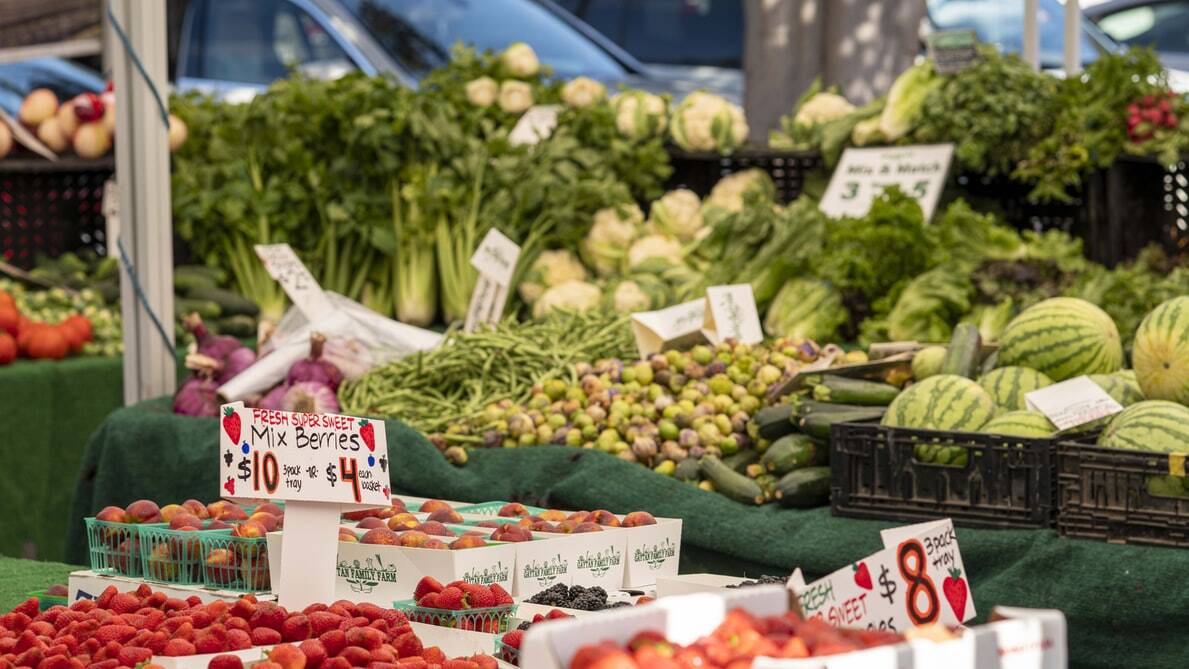Fruits Artificial Ripening methods and Risks attached with it
Commonly used chemical for ripening is Calcium carbide, Ethylene, MI Groupon 39 (Plant regulator). These two are majorly produced by China. These sachets will be dipped in the water and place it beneath fruits for quick ripening. The fruits ripen within 6 hours as the chemical fastens ripening.

Some Street vendors use MI Groupon 39 chemical for quick ripening. A small quantity of the chemical is mixed with a bucket full of water. Then they dip the fruits twice in this water which ripens fruits in 6 hours.
Fruits such as Mango, Banana, Papaya, Pineapples, Grapes etc will be ripened by these methods.
Calcium carbide usage was banned from 2012 onward but it is still in use at many places in India.
Calcium Carbide Artificial ripening
- It contains toxic chemicals arsenic and phosphorous hydride
- Appears colourful but tasteless
- Fruit colour appears uniform
- Reduces shell life
- Too much soft
- Tastes sour in the core
Fruits Artificial Ripening Health Risks
- Increases the risk of Cancer causing
- It causes stomach upset
- Reduces the presence of Oxygen in the blood and affects neurological system
Natural Ripening Techniques
- It usually takes 2 to 6 days depending on the fruit for natural ripening.
- Traditional methods use dry grass for natural ripening

myHitha Natural Ripening
We follow traditional methods in ripening fruits such as Papaya, Banana, Sapota, Mangoes etc. We sell Organic Vegetables and Fruits which were procured directly from the farmers.

